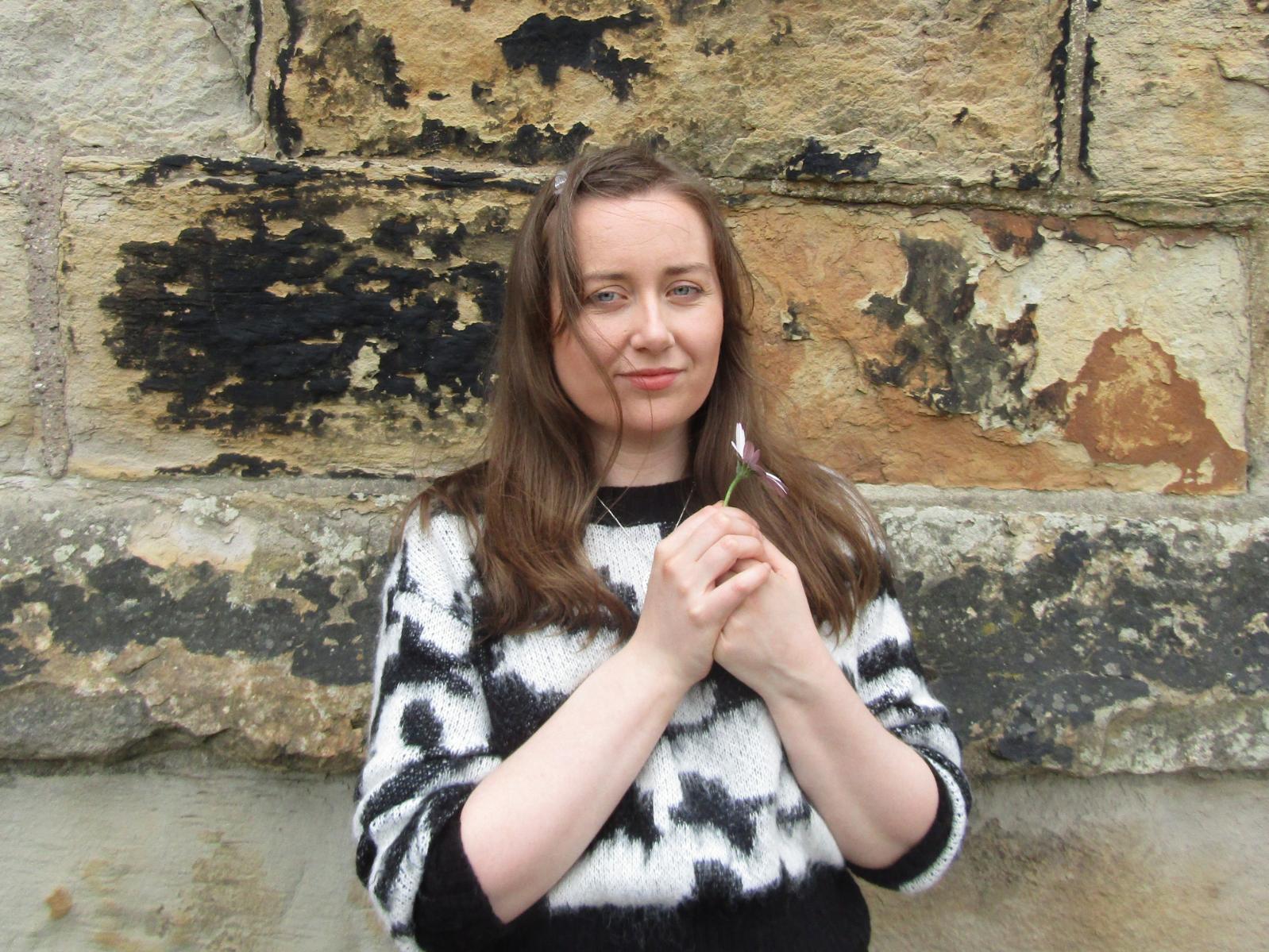2021 Shortlist

We are delighted to announce the shortlist for the 2021 Poetry Prize for a First Collection, supported by the Atlantic Philanthropies. The winner will be announced during the Seamus Heaney Centre’s annual Poetry Summer School, at a virtual Award Night in July 2021.
"These wonderful collections not only demonstrate the talents and brilliances of their authors: they bring out the best in us as readers. Always we ought to try to appreciate a book on its own terms, and these books are gregarious and serious; grieving and wounded. It has been a pleasure to discuss and ponder and query these fine collections with my fellow judges, and, most of all, to come to admire their mythologies and emotional and historical landscapes."
- Dr Stephen Sexton, lecturer in Poetry and judge of the Seamus Heaney First Collection Poetry Prize.
Find out about each of these exceptional collections, below.
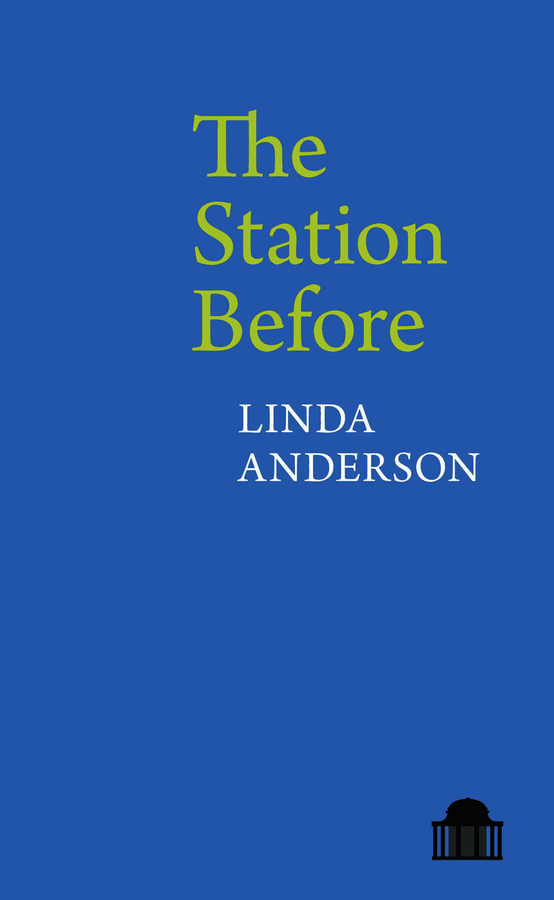
Pavilion Poetry, 2020
"In The Station Before, Linda Anderson demonstrates a clear eye, a depth of thought, and a probing, restless intelligence. Whether watching a fulmar fly or giving voice to Virginia Woolf in her study, Anderson’s attentiveness and her discreet, convincing music are entrancing and deeply impressive. After reading her some trace of the poems remains, some ‘intimacy left over’ like ‘a dusting of pollen’."
- Nick Laird, chair of judges panel
Linda Anderson's much anticipated first collection travels across time and space, employing a range of voices, including historical ones. At the heart of the collection, though, is always the moment of encounter, the moment when things appear strange, before they settle into a pattern or become known. This is as true of the explorer Charles Kingsley, awed by the Caribbean landscape, as it is of the poet herself, confronted with moments of vision or almost vision, either in her own travels, or in the ordinariness of a domestic life. Nothing is quite secure in this collection: memory destabilizes with its resurrections; seeing has many angles and cannot be taken for granted; borders fluctuate and crossings abound. And although not afraid to draw on ideas from many sources, these poems often explore how thinking masks a fragility, the knowledge of our mortal selves. What are the fragments that make a poem, the book asks? How are they held within a form? And how do we negotiate the multiple memories, ideas, sights, meetings, and losses which constitute us and our complex selves.
'This marvellous first book is a journey into the wisdom of years - it knows 'arrival is a myth', that we live in a constantly unfolding mystery, fluttering in our memories, hovering over the present, pollinating the page with our presence. And as the poems roam from post-war Scotland to tropical lushness the reader is drawn deeper and deeper into an astonishing attention to the 'uncontrollably multiple' world around us, and the parallel world within.'
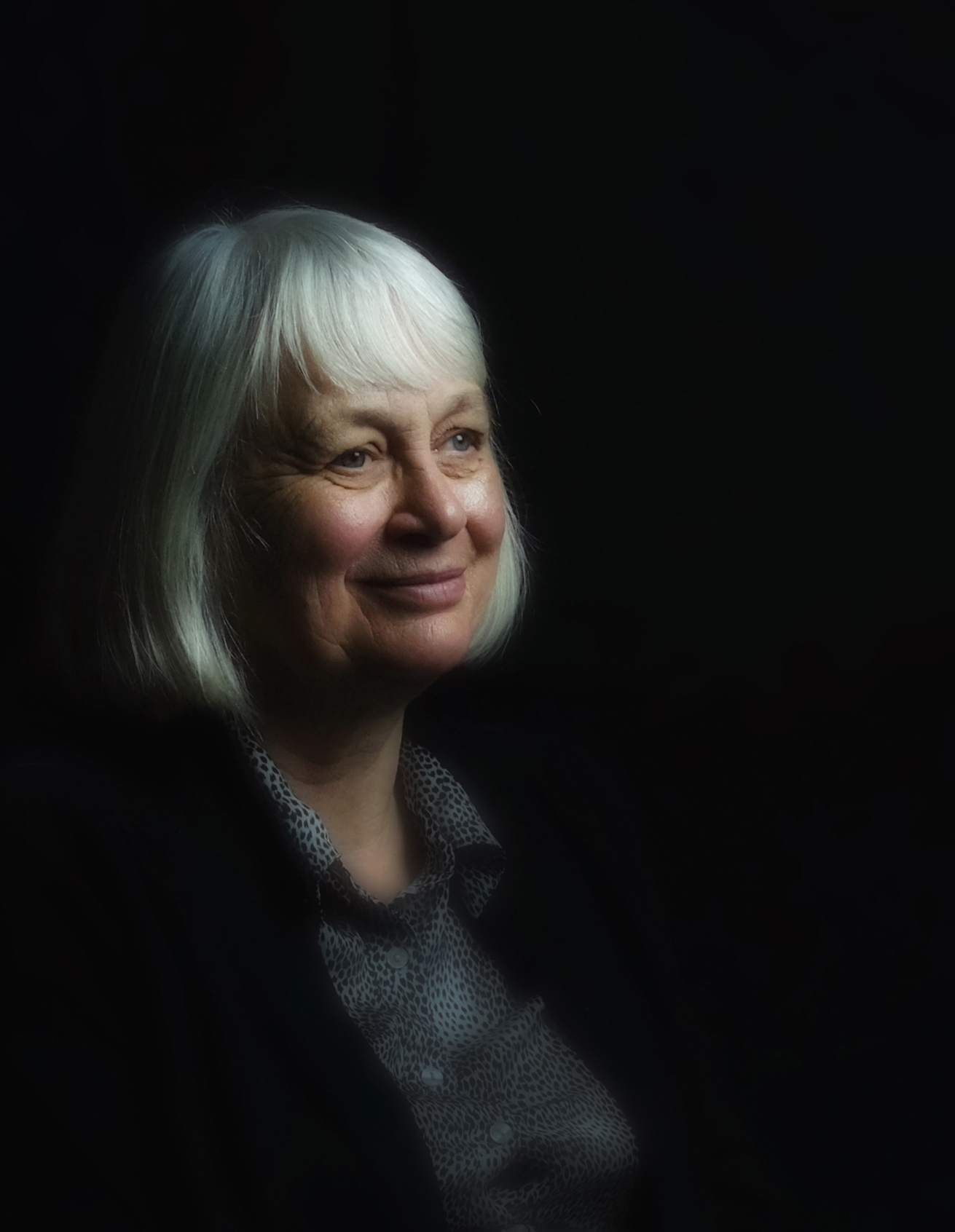
Linda Anderson is Professor of English and American Literature at Newcastle University where she was the founder of both the Newcastle Centre for the Literary Arts (2009) and the annual Newcastle Poetry Festival. She has written extensively about autobiography and feminist theory but more recently has published widely on Elizabeth Bishop, including the monograph, Elizabeth Bishop: Lines of Connection (Edinburgh University Press 2013), and has co-edited a collection of essays on poetry archives, The Contemporary Poetry Archive: Essays and Interventions (Edinburgh University Press, 2019), Originally from Scotland, she was an editor of Writing Women for many years, has worked to establish innovative poetry archives at Newcastle University, including the Bloodaxe Archive (http://bloodaxe.ncl.ac.uk) and has published a poetry pamphlet, Greenhouse, with Mariscat Press, 2013.
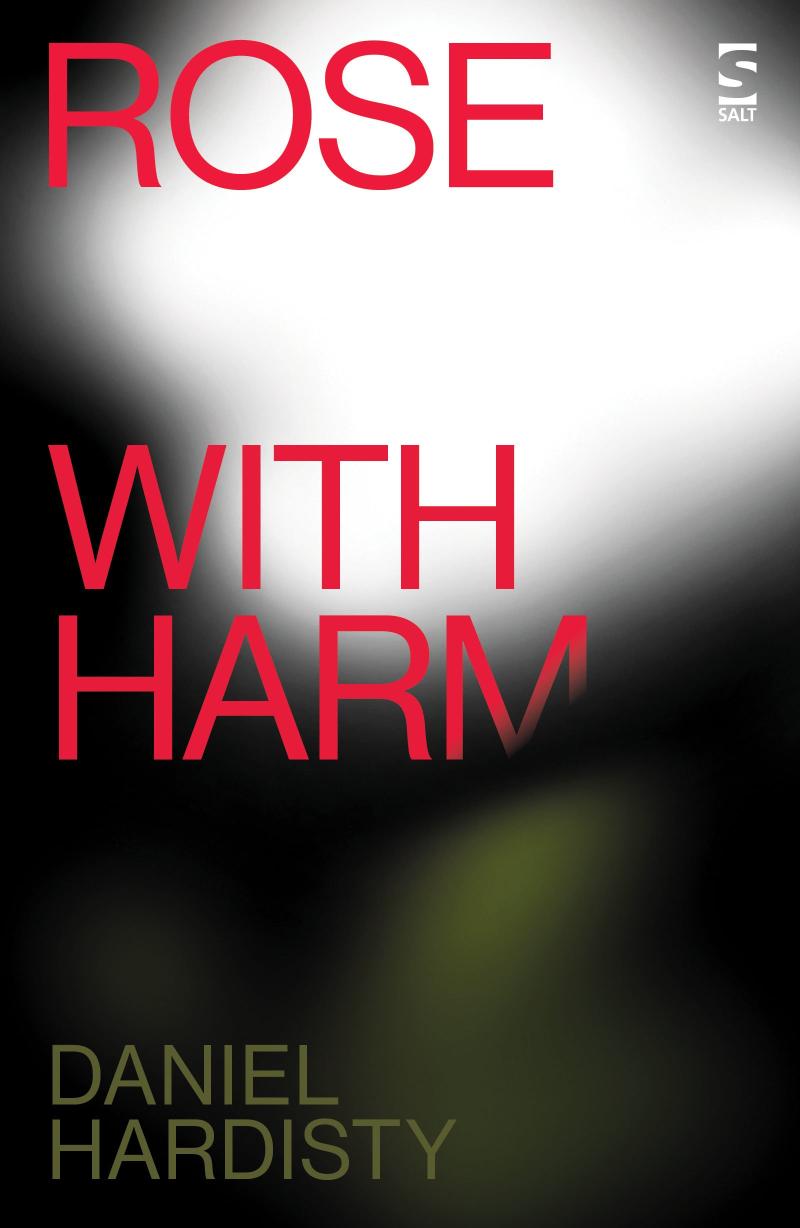
Salt Publishing, 2020
"Daniel Hardisty’s Rose With Harm is a book of lyric love poems: it does not shout for attention with stylistic quirks or typographical frills. Here is life as it is lived: domestic scenes, journeys, picnics, but infused with an astute and considering sensibility. Rose with Harm is unassuming but brightly polished and highly achieved, possessing a richness in language and a facility for music unusual in contemporary poetry."
- Nick Laird, chair of the judges panel
This long-awaited debut from Daniel Hardisty shows off his exceptional lyric gifts to thrilling effect. Poised and poignant, Hardisty’s confessional poems offer love’s realisations, threats and transgressions. The poet is often caught travelling – remote and removed from his environments, as the poems capture concrete moments of transition with bittersweet backstories of love, regret, suspense and loss. Sure to receive wide critical praise.
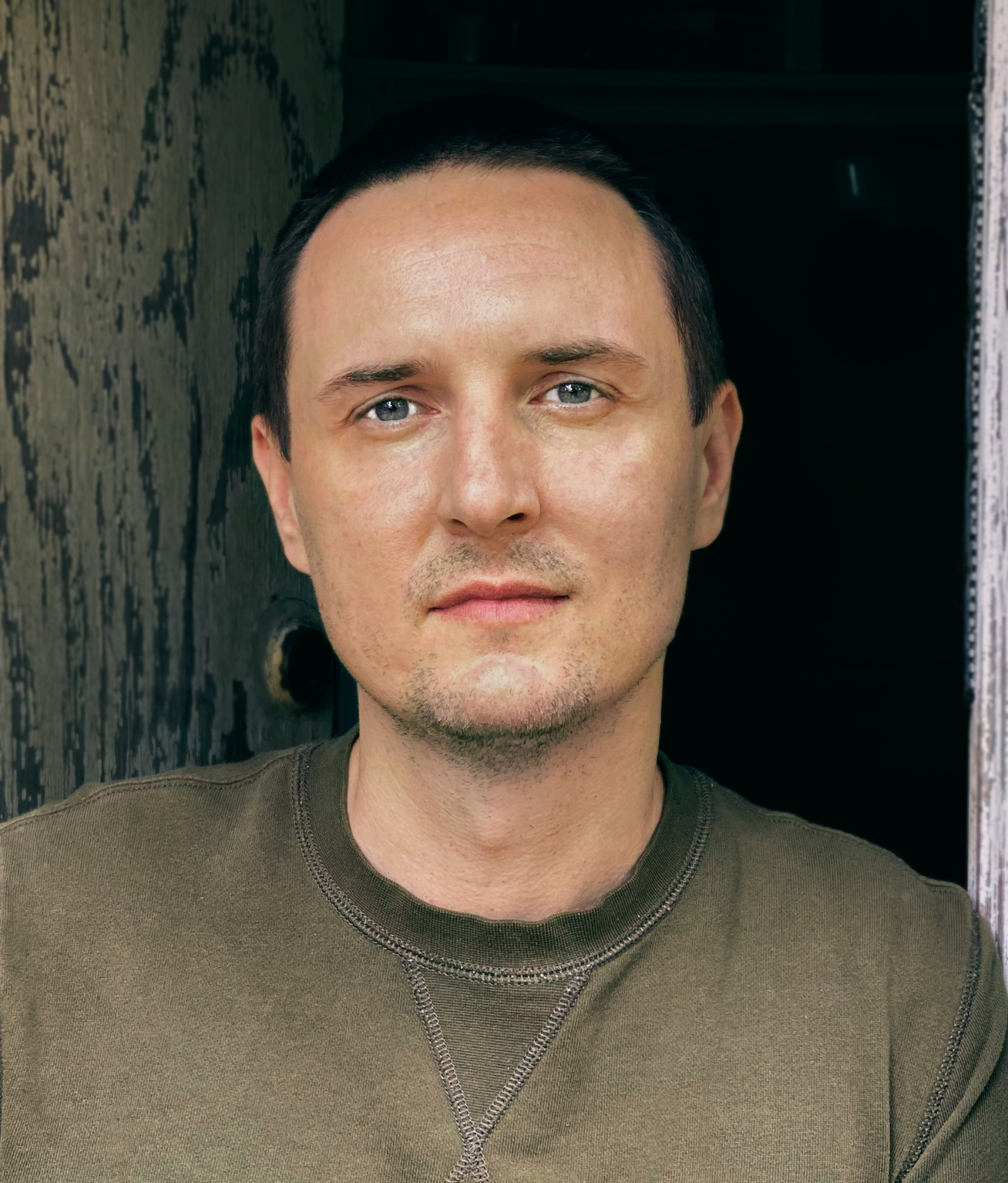
Daniel Hardisty is a US/UK citizen. He holds a BA from University of East Anglia and an MFA from Boston University. His poems have featured in Poetry London, The London Magazine, Poetry Ireland Review, and The Spectator. His writing has earned him an Academy of American Poets prize, a Robert Pinsky Global Fellowship, a Faber New Poets prize, an Arts Council Writers Award and a New Writing North Award. He was co-editor of the anthology if you’re not happy now, and is currently co-editor of Volume magazine.
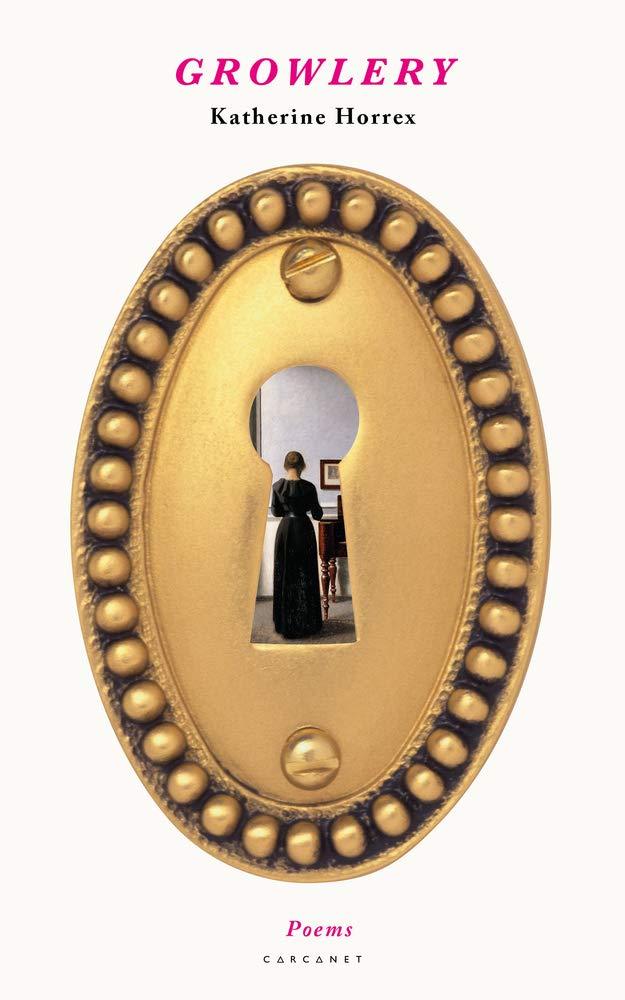
"Katherine Horrex’s Growlery shows a unique poet whose imagination can go anywhere. There is a darkness under dailiness and Horrex exposes it in unexpected but impeccable diction and brilliant imagery. Her muses include quarries, power plants, steel works, and her ruthless attention notes the ‘clock hands snip away’ at time itself. Her stringent perception and tonal confidence are rare to find in a debut collection."
- Nick Laird, chair of the judges panel
Horrex - whose poems found an enthusiastic readership via Carcanet's New Poetries series - unpicks the illusion that order upholds society and reveals the true ramshackle complexion of things. Her debut collection reimagines the 'growlery' of Dickens' Bleak House by looking at the concept of internal space in a twenty-first century which is both connected and disjointed.
Katherine Horrex lives in Manchester where she works in primary schools as a tutor. Her poems have appeared in such places as PN Review, Poetry London, the TLS, and the Guardian. Growlery is her first collection.
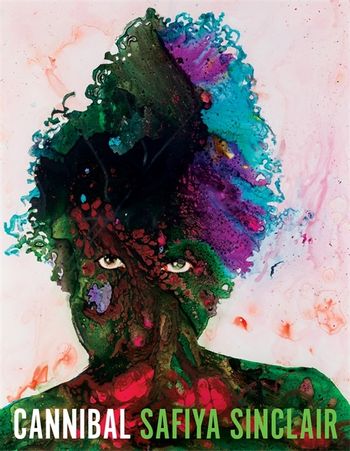
"Cannibal by Safiya Sinclair is an astonishing, expansive and fecund book, overflowing with contemplations and judgments and allusions, and infused with a music by turns harsh and by turns delicate. In these poems Sinclair explores the female body as the sight, the looked upon - and as the site of violence, of sex, of colonial legacies. There’s a beautiful danger to the book, as ‘the mind’s black kettle hisses its wild / exigencies at every turn.'"
A Guardian most anticipated book for 2020
'Safiya Sinclair bursts onto the shelves with this richly powerful debut collection' Scotsman
'Cannibal is nothing less than an entrancing debut that reveals the teeming intellect and ravishing lucidity of a young poet in full possession of her literary powers.' – Major Jackson
Colliding with and confronting Shakespeare's The Tempest and postcolonial identity, the poems in Safiya Sinclair's Cannibal beautifully evoke the poet's Jamaican childhood and reach beyond to explore history, race relations in America, womanhood, otherness, and exile. She evokes a home no longer accessible and a body at times uninhabitable, often mirrored by a hybrid Eve/Caliban figure. Blooming with intense lyricism and fertile imagery, these full-blooded poems are elegant, mythic, and intricately woven. Here the female body is a dark landscape; the female body is cannibal.
Sinclair shocks and delights her readers with her willingness to disorient and provoke. Cannibal marks the arrival of a thrilling and essential new lyrical voice.
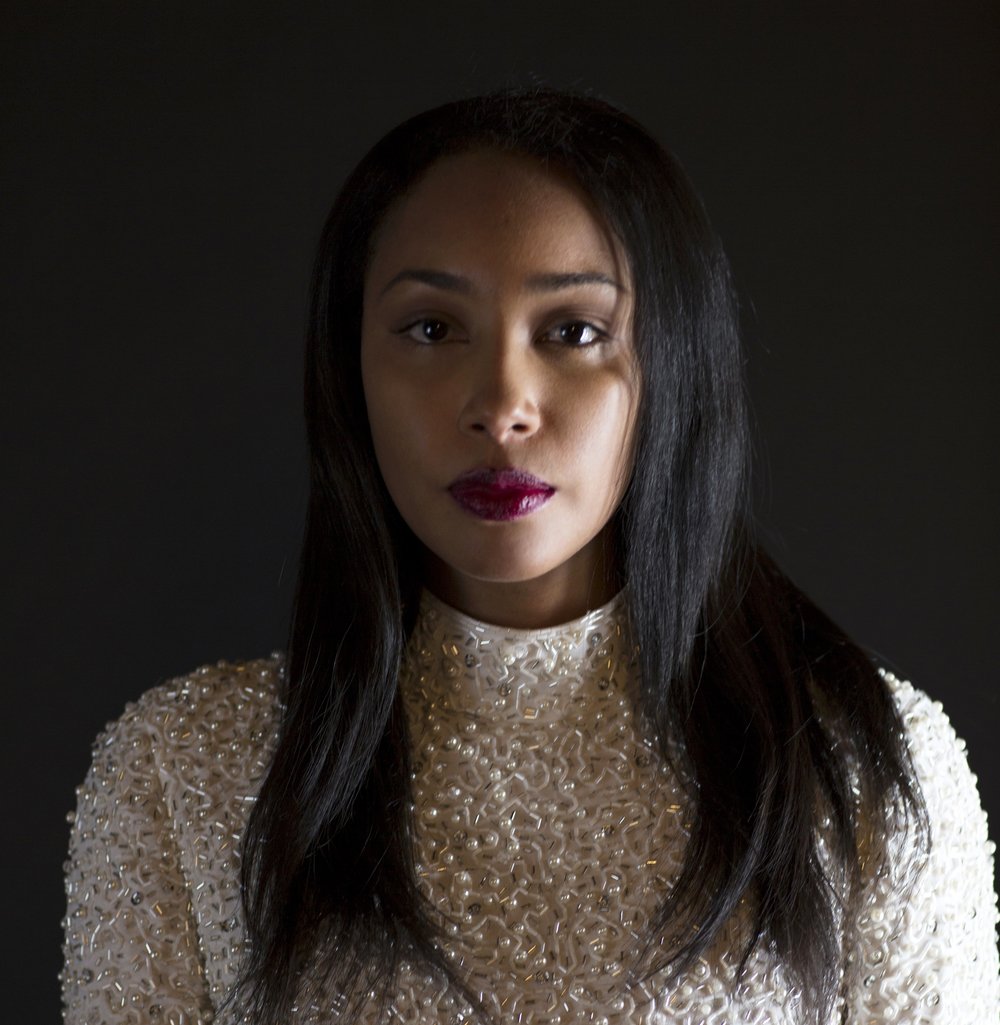
Safiya Sinclair was born and raised in Montego Bay, Jamaica. She is the author of Cannibal, winner of a Whiting Writers’ Award, tthe OCM Bocas Prize for Caribbean Poetry and the Prairie Schooner Book Prize in Poetry. Cannibal was a finalist for the PEN Center USA Literary Award, as well as being longlisted for the PEN Open Book Award and the Dylan Thomas Prize. Sinclair’s other honours include a Pushcart Prize, a Ruth Lilly and Dorothy Sargent Rosenberg Fellowship. Her work has appeared in The New Yorker, Granta, The Nation, and elsewhere. She received her MFA in poetry at the University of Virginia, and is currently a PhD candidate in literature and creative writing at the University of Southern California. She is writing a memoir of chronicling her life growing up in Jamaica.

